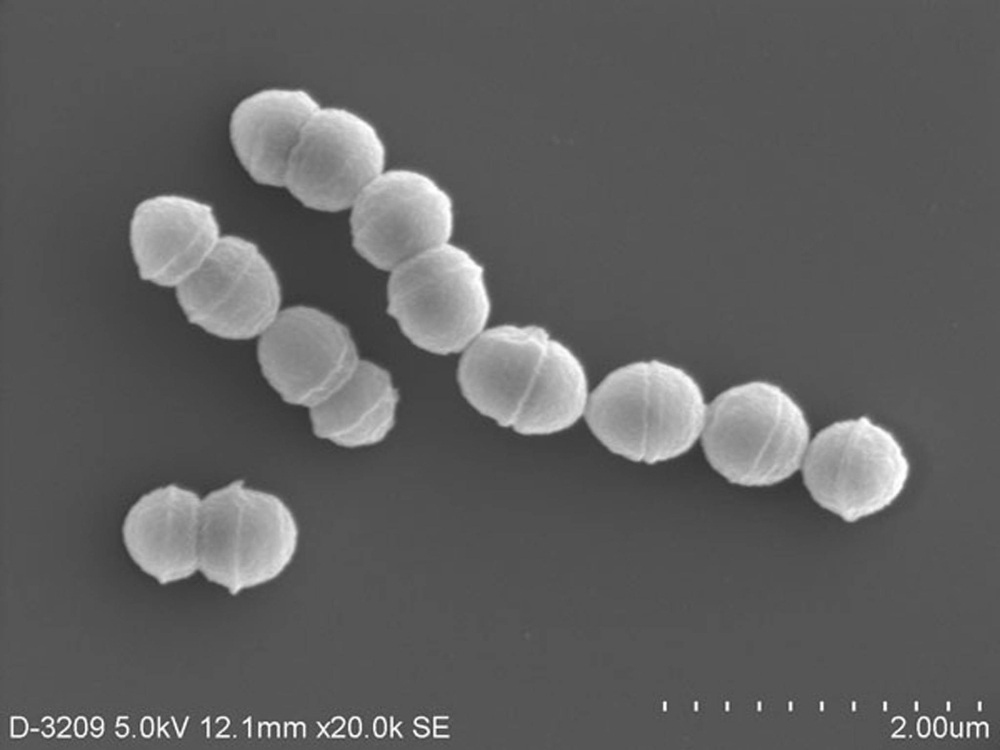- cross-posted to:
- world@lemmy.world
- cross-posted to:
- world@lemmy.world
A disease caused by a rare tissue-damaging bacteria is spreading in Japan after the country relaxed COVID-era restrictions.
Cases of streptococcal toxic shock syndrome (STSS) reached 977 this year by June 2, higher than the record 941 cases reported for all of last year, according to the National Institute of Infectious Diseases, which has been tracking incidences of the disease since 1999.
At the current rate of infections, the number of cases in Japan could reach 2,500 this year, with a mortality rate of 30%,” said Ken Kikuchi, a professor of infectious diseases at Tokyo Women’s Medical University.
"Most of the deaths happen within 48 hours,” Kikuchi said. "As soon as a patient notices swelling in (their) foot in the morning, it can expand to the knee by noon, and they can die within 48 hours.”



It’s a bit more complex.
The bacteria causing this (Streptococcus pyogenes) causes hundreds of millions of illnesses each year, ranging from the mild “strep throat” to the extremely severe scarlet fever. Whilst there have been a few outbreaks of antibiotic resistant strains of this bacterium, that doesn’t appear to be what’s going on in this outbreak, so thankfully the underlying streptococcus infection should be treatable with standard antibiotics.
Unfortunately, the condition that’s actually killing people (Streptococcal Toxic Shock Syndrome (STSS)) is caused by exotoxins released by the bacteria, and killing the bacteria only stops further exotoxins from being produced — antibiotics can’t do anything about the exotoxins that have already been secreted by the bacteria. If you’ve ever wondered why we can’t cook spoiled food to make it safe to eat, this is a large part of why — exotoxins are often better at sticking around than the bacteria that produce them. It doesn’t help that exotoxins are often super potent toxins (Botulism is a particularly potent and well known example).
It’s not clear what causes some cases of Streptococcus pyogenes to escalate and non-eventful cases of strep are common enough that treating every case with antibiotics is implausible. It’s tricky because if symptoms are severe enough to warrant a diagnosis of STSS, then things will have already progressed enough that the exotoxins present s risk to health even if antibiotics are administered. This outbreak of many cases of the severe STSS is concerning because it might indicate that the strep bacteria has evolved to be more deadly, but we really don’t know why there’s such a cluster of severe illness in one place.